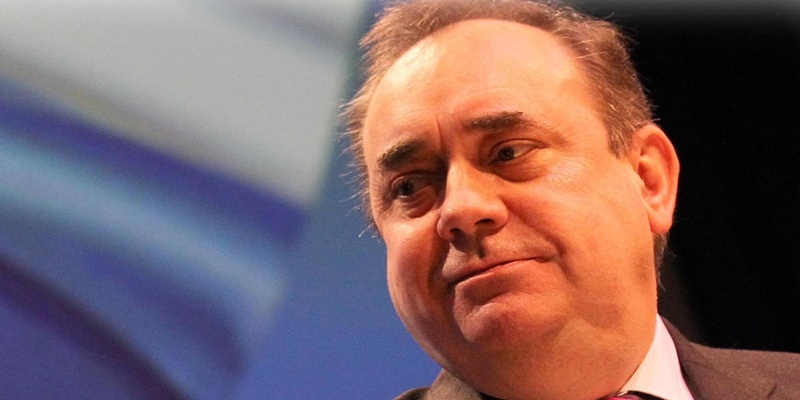It is now “inevitable” that the Scottish Parliament will be given control over corporation tax, Alex Salmond has claimed.
The First Minister was responding to a House of Commons report that described the “convincing argument” for cutting corporation tax in Northern Ireland.
Control of the tax is one of six key demands outlined by the SNP leader after his party’s historic election victory.
MPs on Westminster’s Northern Ireland Affairs Committee found that reducing the levy for business would help private sector expansion and create more jobs.
The committee report, published on Tuesday, said it supports in principle the devolution of the power to vary the levy.
Control over corporation tax has been seen as particularly important for Northern Ireland as the UK rate of 28% is significantly higher than in the neighbouring Republic of Ireland, which only charges 12.5%.
But Mr Salmond insisted Scotland must also be given the power to vary the rate.
“There has already been support from the secretary of state for Northern Ireland and the all-party Scotland Bill Committee of the last Scottish Parliament noted that if Northern Ireland gets to decide on corporation tax then so must Scotland,” he said.
“This is a further indication of the way the wind is blowing and a similar move for Scotland is inevitable. Rather than being dragged there over time, it would be far better for the UK Government to engage and respond positively now.”Celtic differencesThe committee report, while supporting the devolution of power in Northern Ireland, said the situation is “different” for Scotland.
“We recognise there is value in UK fiscal unity and value in a tax system that is administratively simple to operate, both for HMRC and businesses,” it stated.
“We are also aware that the Calman Commission in Scotland and the Holtham Commission in Wales are part of a broader debate around the devolution of tax powers to their respective parts of the UK.
“However, the situation in Northern Ireland is different from Scotland and Wales. Northern Ireland is the only part of the UK that shares a land border with another sovereign country, and that country has a corporation tax rate of 12.5%.”
Committee chairman Laurence Robertson MP said, “The 12.5% rate of corporation tax in Ireland has attracted significant inward investment and a number of large companies, as well as the ability to compete better with emerging economies.
“The evidence we received from businesses, trade unions, economists and politicians formed a convincing argument for a lower rate for Northern Ireland, which could help to unlock the potential of its private sector by boosting growth, innovation and exports.”
The committee said the block grant to Northern Ireland from Westminster would be reduced in relation to the loss of revenue from the tax.
Prior to the May 5 election Mr Salmond called for extra borrowing powers and control of corporation tax and the Crown Estate.
He has since demanded new control over excise duties on alcohol and tobacco, the devolution of responsibility for broadcasting and an increase in Scottish representation in the European Union.
The First Minister has been in London this week to lobby the UK Government for the extra powers.
